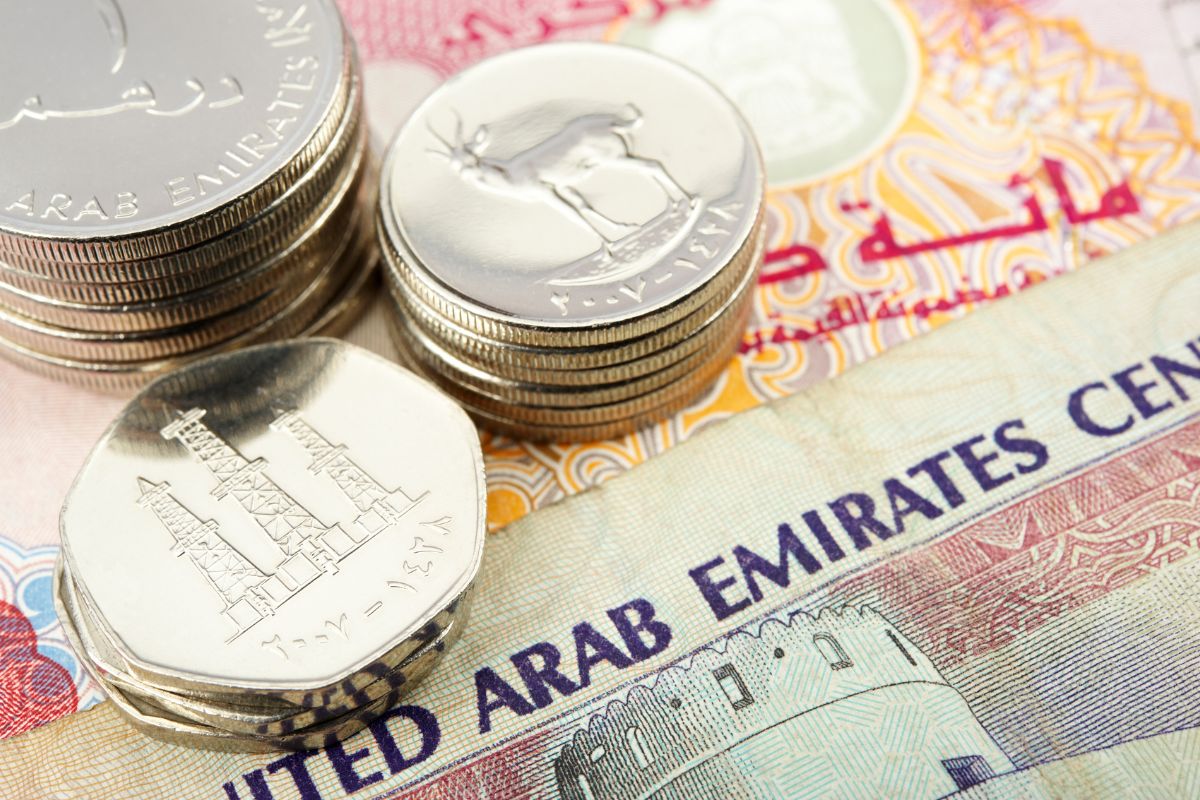Sovereign wealth funds (SWFs) controlled by oil-rich Middle Eastern countries are flexing their financial muscle, driving a surge in global dealmaking activity by state-backed investors. In the first half of 2023, these funds contributed a whopping 54% of the $96 billion deployed in deals by sovereign investors worldwide, marking the highest level of Middle Eastern influence in nearly 15 years, according to a report by Bloomberg Law.
The report highlights Saudi Arabia's Public Investment Fund (PIF) as the most active sovereign investor. PIF has been particularly aggressive in recent years, making significant investments across various sectors, including technology, infrastructure, and entertainment. For instance, PIF's high-profile acquisitions include a stake in Uber, the ride-hailing giant, and a sizeable investment in Lucid Motors, a California-based electric vehicle manufacturer.
Analysts attribute this spending spree by Middle Eastern SWFs to several factors. One key driver is the substantial financial reserves accumulated by these funds due to high oil prices. With global energy prices reaching record highs in 2022, SWFs in the Middle East saw their coffers significantly replenished. This windfall has provided them with the firepower to pursue a wider range of investment opportunities.
Another factor influencing the surge in dealmaking activity is the long-term investment goals of these SWFs. Many Middle Eastern countries are looking to diversify their economies away from their dependence on oil exports. SWFs are seen as a crucial tool to achieve this objective by investing in strategic sectors that can generate sustainable returns over the long term.
Furthermore, geopolitical considerations are also playing a role in the investment strategies of Middle Eastern SWFs. These funds are increasingly looking to invest in countries with which they have strong political and economic ties. This trend is particularly evident in investments made by SWFs from the United Arab Emirates (UAE) which have been actively deploying capital in countries across Asia and Africa.
The rise of Middle Eastern SWFs as major players in global dealmaking has significant implications for businesses and governments around the world. For companies, these SWFs represent a potential source of significant investment capital. However, it is crucial to understand the specific investment mandates and priorities of each SWF to effectively engage with them.
For governments, the growing influence of Middle Eastern SWFs presents both opportunities and challenges. On the one hand, these investments can provide much-needed capital for infrastructure development and economic growth. On the other hand, governments need to ensure that these investments are aligned with their own strategic objectives and do not compromise national security interests.
In conclusion, the surge in dealmaking activity by Middle Eastern SWFs is a significant trend that is likely to continue in the foreseeable future. As these funds continue to accumulate wealth and refine their investment strategies, their influence on the global investment landscape is set to grow even stronger.

